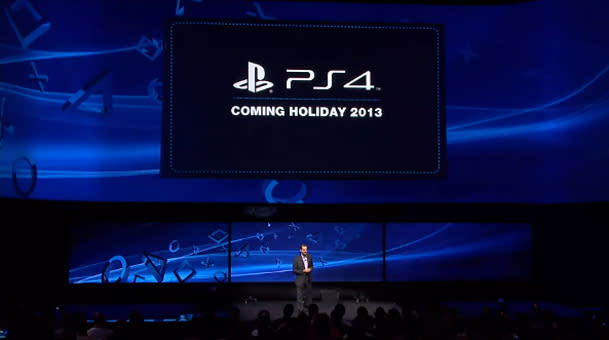Sony’s PlayStation boss takes post-E3 victory lap

Winning at E3 isn’t the same as actually winning in the market, but Sony nonetheless has to be pleased with the public relations coup it scored over Microsoft at this year’s gaming confab when it revealed that it won’t restrict the use of disc-based games or force users to check in online once a day. In an interview with The Guardian, Sony Computer Entertainment CEO Andrew House revealed that Sony never considered adding any of the restrictions that Microsoft placed on gamers before it quickly backtracked in the face of user backlash last month.
[More from BGR: What will it take for Windows Phone to finally take off?]
“Dating from about our February event, there had been questions about what our online policy would be,” House told The Guardian. “And I have to say that we were slightly perplexed, because we had no intention of changing from a model that I think has served us really well for several platform life-cycles. And then, of course, it was really the actions of others, and the reaction coming from consumers, which led to more speculation. So we felt that with E3, and Monday night’s press conference, it was a really good opportunity to set the record straight.”
[More from BGR: Leaked specs suggest Samsung Galaxy Note III will be a powerhouse]
House also said that the company was never under pressure from game developers to add strict DRM policies or restrictions on used games, although he did acknowledge that game publishers had some valid concerns when it comes to used game sales crowding out the market for new games.
“I think there’s a very careful balance to strike,” he said. “We’re a game publisher ourselves, so there’s a certain argument for us that there should be something of a model for content-creators to participate in second sales. Having said that, however, the consumer sees ownership as a very key benefit when purchasing a physical product. And the flipside of the argument is that retailers will tell you that the vast majority of trade-in value gets immediately repurposed into new purchases of games.”
This article was originally published on BGR.com

